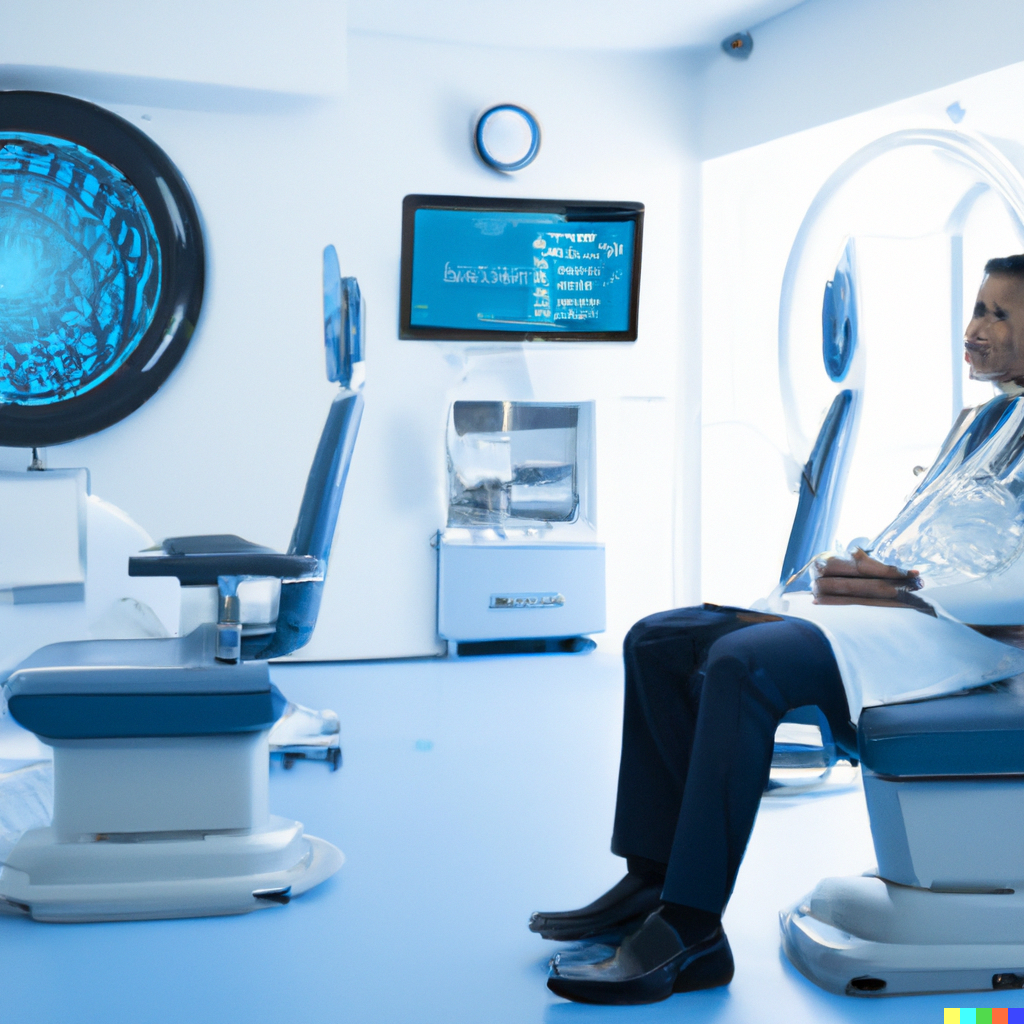mammography / OBSP
We offer mammography and OBSP services at our clinic. Our state-of-the-art technology ensures precise imaging for early detection and peace of mind. Whether you’re due for a routine check-up or need specialized screening, trust our dedicated team for accurate and efficient results. Visit us today and prioritize your health with confidence!
Patient Information
OBSP Mammography
The Ontario Breast Screening Program is a screening program designed to encourage people to get screened for breast cancer.
Average Risk
The Ontario Breast Screening Program recommends that most eligible women, trans and non-binary people ages 50 to 74 get screened with mammography every 2 years.
High Risk
The Ontario Breast Screening Program recommends that people ages 30 to 69 who meet the High Risk Ontario Breast Screening Program eligibility criteria get screened every year.

